Search
Search within
1364 results found
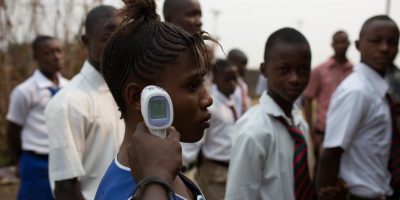
Foresight Papers
IDSR as a Platform for Implementing IHR in African Countries
Of the 46 countries in the World Health Organization (WHO) African region (AFRO), 43 are implementing Integrated Disease Surveillance and Response (IDSR) guidelines to improve their abilities to detect, confirm, and respond to high priority communicable and non-communicable diseases. IDSR…
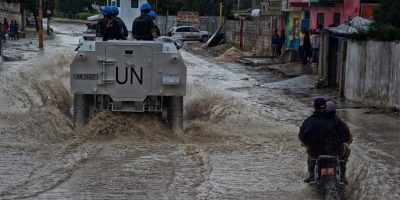
Evidence Reviews
Natural Disasters, Armed Conflict, and Public Health
The effects of armed conflict and natural disasters on global public health are widespread. Much progress has been made in the technical quality, normative coherence, and efficiency of the health care response. But action after the fact remains insufficient. In…
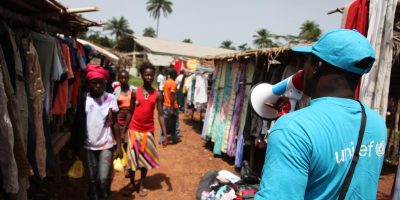
Evidence Reviews
How Sure Are You? Judging Quality and Usability of Data Collected during Rapid Needs Assessments
The objective of this technical brief is to provide guidance on how you could assess the quality of information used as evidence for decision making during humanitarian needs assessments. It aims to assist analysts in understanding the distinction between sources…
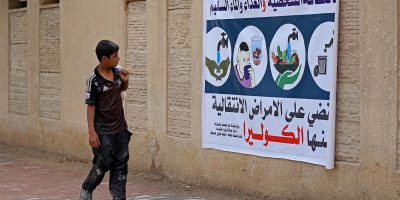
Briefings
Scenario Development
A scenario projects alternative ways in which a situation might evolve. It is a set of informed assumptions about a situation that may require humanitarian action. Building scenarios involves speculating about an uncertain future and envisaging different possible outcomes for…
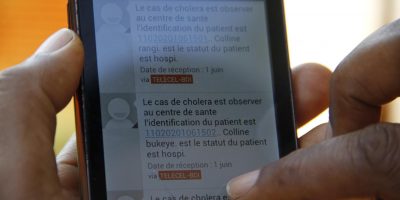
Evidence Reviews
Call Detail Records: The Use of Mobile Phone Data to Track and Predict Population Displacement in Disasters
Information about the displacement of people after disasters is crucial in determining the scale and impact of the emergency, and is vital for conducting humanitarian needs assessment on the ground. Methods to forecast or detect such migration are however very…
Evidence Reviews
Evaluation of Ebola Response – Uganda
In recent months Uganda has experienced three separate Viral Hemorrhagic Fever (VHF) outbreaks. Two Ebola outbreaks in the districts of Kibaale and Luwero and one Marburg event in Kabaale. URCS responded in all three cases with assistance from the IFRC…
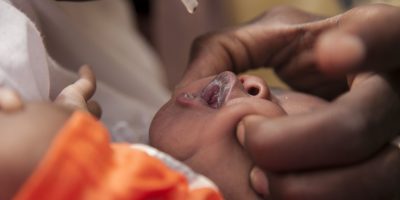
Evidence Reviews
Health Epidemics Evaluation Report
In 2012 Uganda experienced many disease outbreaks including Measles, Ebola, Marburg and Nodding disease. Two Ebola outbreaks and one Marburg event were in quick succession and placed the Ministry of Health and the Uganda Red Cross (URCS) as well as…
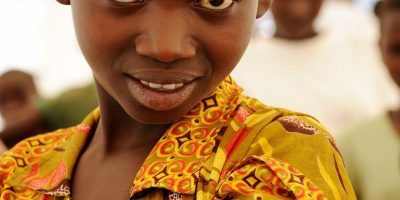
Background Reports
Challenging Orthodoxies: The Road Ahead for Health and Human Rights
Two decades of work delivering health care in poor communities provide a standpoint from which to challenge conventional doctrines in human rights and public health. These orthodoxies include the priority often assigned to civil and political rights over economic and…
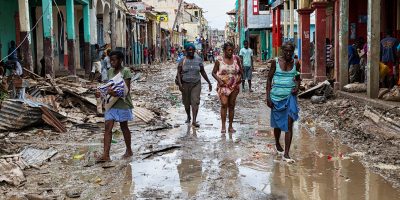
Background Reports
Measuring the Way Forward in Haiti: Grounding Disaster Relief in the Legal Framework of Human Rights
This article provides results from an online survey of humanitarian workers and volunteers that was conducted in May and June 2010. The purpose of the survey was to understand how the humanitarian aid system adopts or incorporates human rights into…
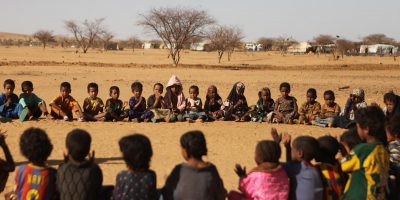
Background Reports
Health through People’s Empowerment: A Rights-Based Approach to Participation
Analysis of the academic discourse on participation, empowerment, and the right to health since the 1978 Alma-Ata International Conference on Primary Health Care and the subsequent Alma-Ata Declaration shows that each phase of the evolution of these concepts added important…
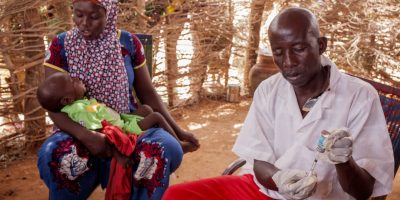
Background Reports
Ethical Considerations for Vaccination Programmes in Acute Humanitarian Emergencies
Humanitarian emergencies result in a breakdown of critical health-care services and often make vulnerable communities dependent on external agencies for care. In resource-constrained settings, this may occur against a backdrop of extreme poverty, malnutrition, insecurity, low literacy and poor infrastructure.…
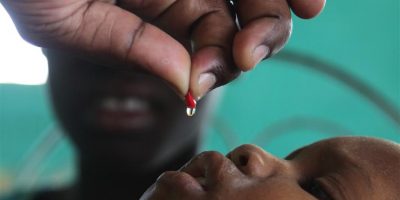
Background Reports
Rapid Monitoring in Vaccination Campaigns during Emergencies: The post-Earthquake Campaign in Haiti
The earthquake that struck Haiti in January 2010 caused 1.5 million people to be displaced to temporary camps. The Haitian Ministry of Public Health and Population and global immunization partners developed a plan to deliver vaccines to those residing in…


